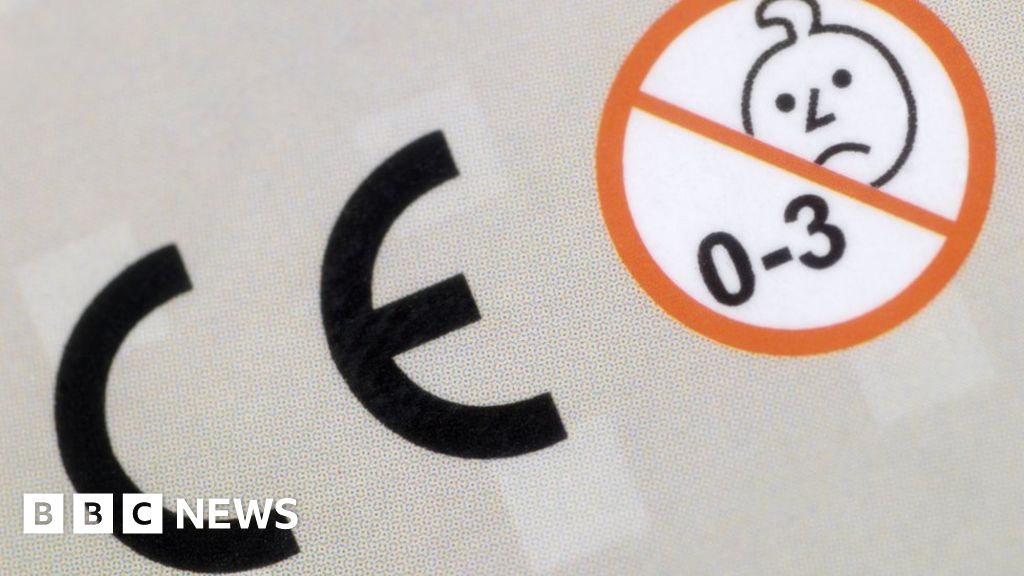Well, not to be picky here, but two things: first, the CE marking is not a safety mark but a compliance mark, indicating the conformity of the product to the applicable European legislation. This is mostly related to product safety but can also include environmental aspects or others, e.g. use of correct radio frequencies according to the radio equipment directive. Second, it is not necessary to always have your product certified by a European notified body, as this article seems to imply. The CE marking is a manufacturer’s declaration
The CE mark is a requirement if you want to sell your product in the EU however.
That is correct, but only if the prduct is subject to one more EU regulations that require CE. Many products don’t need CE
Yeah, I don’t entirely get the implications of what the British government is saying, but it sounds like this declaration is a lot less momentous than it initially sounded.
From looking at the page, it was already the case that all existing products into some point in 2024 with a requirement and a CE marking were grandfathered in anyway.
So they aren’t affected regardless.
In any cases for new products where the UKCA mark would be more-permissive than the CE mark, meeting the requirements for the CE mark would have been good enough anyway (though one would have to have actually gotten the UKCA mark). So the impact there would have been limited.
And in some (all?) cases, the UK isn’t planning on imposing tighter regulation for the UKCA mark than for the CE mark anyway in the near future.
So meeting the requirements for the CE mark would also be meeting the requirements for the UKCA mark as well.
And you can still get the UKCA mark.
So basically, unless all of (a) the specific area required a CE mark, (b) the product was first placed on the market in 2025 or later, © the UK chose to adopt more-restrictive standards than the EU, and (d) the product conformed to CE but not to more-restrictive UKCA requirements are true, the same product would have been sellable in the UK anyway. Unless all of those applied, the only issue that might have potentially come up would have been an extra label and any associated costs.
I think the whole idea of an independent compliance process and product label was to be able to define their own requirements and not having to take what the EU says. They would basically build on CE requirements and change things up a bit to make it more suitable to the UK market. But for manufacturers, this makes things super complicated
It still costs the manufacturer quite a lot of money to ensure compliance so the UKCA mark was probably not worth it for a lot of them just for the comparatively tiny UK market.
But are they keeping the 0 to 3 sad onions?



